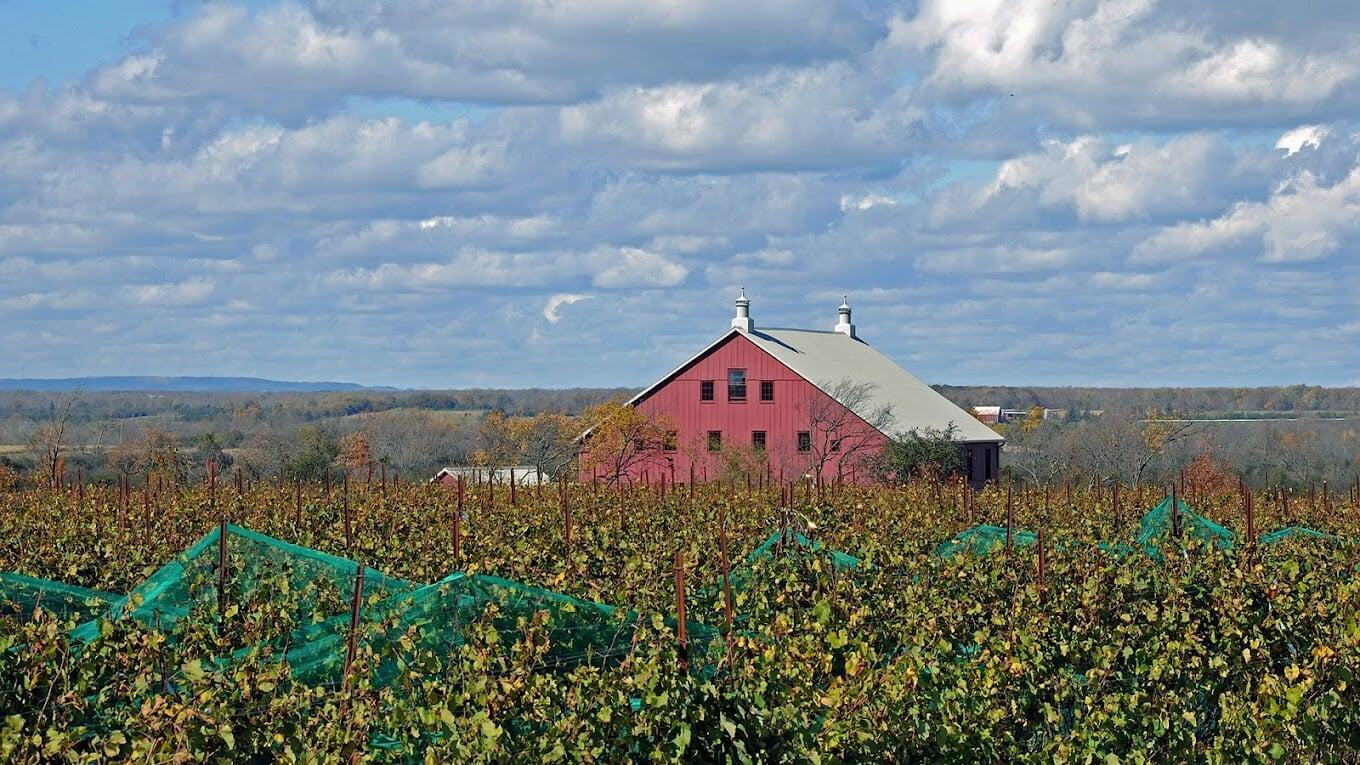
Alternatives for Women is here to help you! We are located in beautiful Prince Edward County, which is sometimes not so beautiful behind closed doors. This is something we have in common with the other people working against gender-based violence. Wherever we are (city, town, or countryside) we can find beauty and we can find intimate-partner violence, and very often that intimate partner violence occurs in private spaces behind closed doors.
There are many things that we here at Alternatives have in common with our urban area colleagues working in the sector. However, there are some unique challenges that rural communities often face.
One of those is that rural communities are often more socially conservative. This means that people often believe that the private affairs of a family are the private affairs of a family – and nobody but the family should be involved. Another common belief is that as rural folk we are tough people: we should be able to handle anything that life throws at us. Other common beliefs relate to the roles that men and women should play in the family, where men are the providers and women are the care-givers and nurturers.
For some people all of these beliefs add up to a happy family. The power that men have in the family isn’t misused, so nobody needs to ask for help, and what goes on in private isn’t scary. But for other people these beliefs can stack up so that women (and sometimes children) are abused, and nobody asks for help for fear of further humiliation and abuse, and nobody from the outside reaches in (because it’s just not done). This leaves the woman (and sometimes her children) isolated, which only leaves them more at risk for more abuse. When an abuser does not face any challenge to his authority and his actions, he can begin to believe that he can act with impunity. Often this leads to an escalation in the violence and control that an abused woman experiences.

A second distinction between working in the violence against women sector in a rural context vs. in an urban context, is that abused women can be isolated simply because of the distance between their home and any services they could turn to if they chose to ask for help. In urban contexts, there is usually public transit that can make services more easily accessible. Even if a woman could not walk from home to a service, she could find transportation.
This is not the case in a rural context, even if we are talking about a woman who lives in a small town, rather than on a farm. There is no guarantee that the service exists in the small town that she lives in. She might have to go to another town altogether in order to get services.
Abused women also often have their transportation controlled. This happens when their abusers hang onto the car keys; only handing them out when there is a legitimate (in the abuser’s eyes) reason for the woman to need the car. It happens when abusers do not let the woman have access to a car at all. It happens when the abusers use tracking apps, which is often done without the woman’s knowledge or consent. This results in the abuser knowing where she had been in her car, controlling her movements and putting her in danger.
Another barrier to woman’s transportation is that in rural communities neighbours usually know when another neighbour has been out. They notice either that the car is not in the driveway, or they notice that the car is parked here or there around the community. This can make it almost impossible for a woman to physically travel anywhere without someone being able to report back to their abuser where she had been, not knowing the consequences that can follow. Anonymity is harder to find in a rural community than it is in an urban community. Anonymity can help abused women, because they can have greater faith that their abuser will not find out that they have asked for help.
An additional difference between the rural and urban context that needs to be discussed is the access to firearms. By no means does abuse always escalate to the point where firearms are used, but if an abuser wanted to find a firearm, they could do so far more readily in a rural context. Firearms are not always used to injure or kill in cases of abuse. Very often, they are used as another measure of coercive control. The threat of a firearm being taken out, or loaded, or brandished is a very effective tool to be used to maintain power over another person through fear and intimidation.

On a positive note, one of the other realities of rural life is that our neighbours will help us when they know we need help. We often do not even need to ask for that help. Part of our mission at Alternatives is to support all of us knowing when help is needed, so that it can be offered. We can rely on one another for a shoulder to lean on, an ear to listen, somebody to drive you to the services you need, somebody to support you.
Alternatives also has made sure to undertake outreach to all parts of the County. We have a counsellor whose role is to build connections in various parts of the County and to be available to travel to the more rural areas to offer counselling and support to women who are experiencing or fleeing intimate partner violence. That support includes safety planning. This means that they will help a woman who is being abused to make a plan for staying as safe as possible while in the relationship, after she has left and everything in between.
Alternatives for Women is here to help! We understand rural life. We respect it. And we also know that wherever she lives, a woman can experience intimate partner violence. If she lives here in the County, she can call us anytime at 613 476 2787. There is someone there 24 hours a day, 7 days a week to talk to. Don’t be afraid to call. If you need our help, you get to tell us what help you want and how you want to receive it. Nobody needs to be alone while they are facing abuse.
